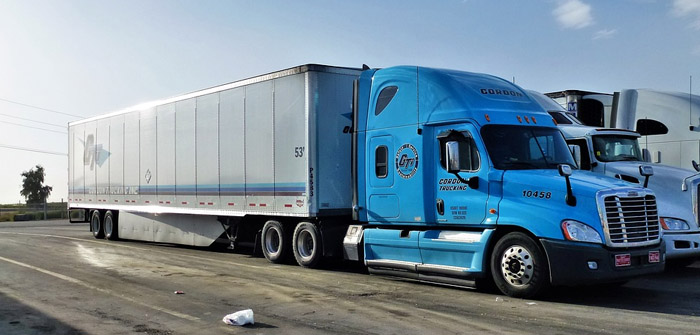Let’s face it, running a business can be difficult. Even when a business is successful, many products are returned or go unsold. Holding on to that inventory can spell disaster for many reasons. Businesses deploy a plethora of tactics to get rid of surplus inventory. However, one of the more effective and efficient methods to sell large amounts of unsold inventory is to sell it by the truckload. This transaction is typically still a negative on the balance sheet of the business. However, it allows them to recoup some of their money. When inventory is sold via truckloads liquidation, it allows for resellers to buy the products at a fraction of the original cost. Before purchasing a truckload, it is important to understand the differences in products, types of truckloads and liquidators.
Different Types of Truckloads
Remember, not all truckloads are the same. When purchasing a large amount of unsold and/or returned products, it is important to have a full understanding of what you are purchasing. This will allow you to make an informed decision regarding the potential return on investment that each truckload may offer. Learn more about the different types of truckloads below.
- Size: Most truckloads of inventory will come in a 22-foot to 24-foot truck. It is important to know the exact size of the truckload before purchasing it.
- Manifested Inventory: When the inventory of the truckload is manifested, it will typically have a list of the products, their condition, UPC codes, retail and wholesale values, etc. These typically cost more but are a bit easier to process as well as gauge potential ROI.
- Unmanifested Truckloads: Unlike manifested truckloads, these types do not come with a description and additional information beforehand. All of this information will either be inside of the truck for review after you purchase or will not be available at all. The benefit of an unmanifested truckload is that they are less expensive and can sometimes offer a greater return on investment. However, it is not guaranteed as you will not know what is on it until you open the truck.
What to Look For When Purchasing Truckloads of Inventory
When purchasing truckloads of inventory, the type of inventory matters. It is necessary to look for clear information regarding the merchandise before purchasing it. Typically, retailers will sell bulk quantities of unsold or returned products in one of three categories.
- Overstock: This can happen when a retailer has too many products that they were unable to sell. This could be due to their customers just not purchasing, unsold seasonal items, etc.
- Returns: Returns can be sold via liquidation as refurbished or unrefurbished. The later, being a return that has not been touched by the retailer and is sold “as-is.”
- End of Life: This usually happens when products are being phased out for one reason or another. In many cases, it is because the manufacturer has created a newer model.
The Importance of Working With a Reputable Merchandise Liquidator
Whether it’s your first time purchasing a truckload of inventory or you are a seasoned professional, it is imperative that you work with a reputable merchandise retailer. This will allow you to have confidence in knowing that they are being transparent about the merchandise that you are purchasing and its condition. In many instances, truckloads of inventory are sold “sight unseen” and the purchaser must rely on the merchandise liquidator for all pertinent information. Ensure that you are making the right investment with the right companies before you spend your money.





